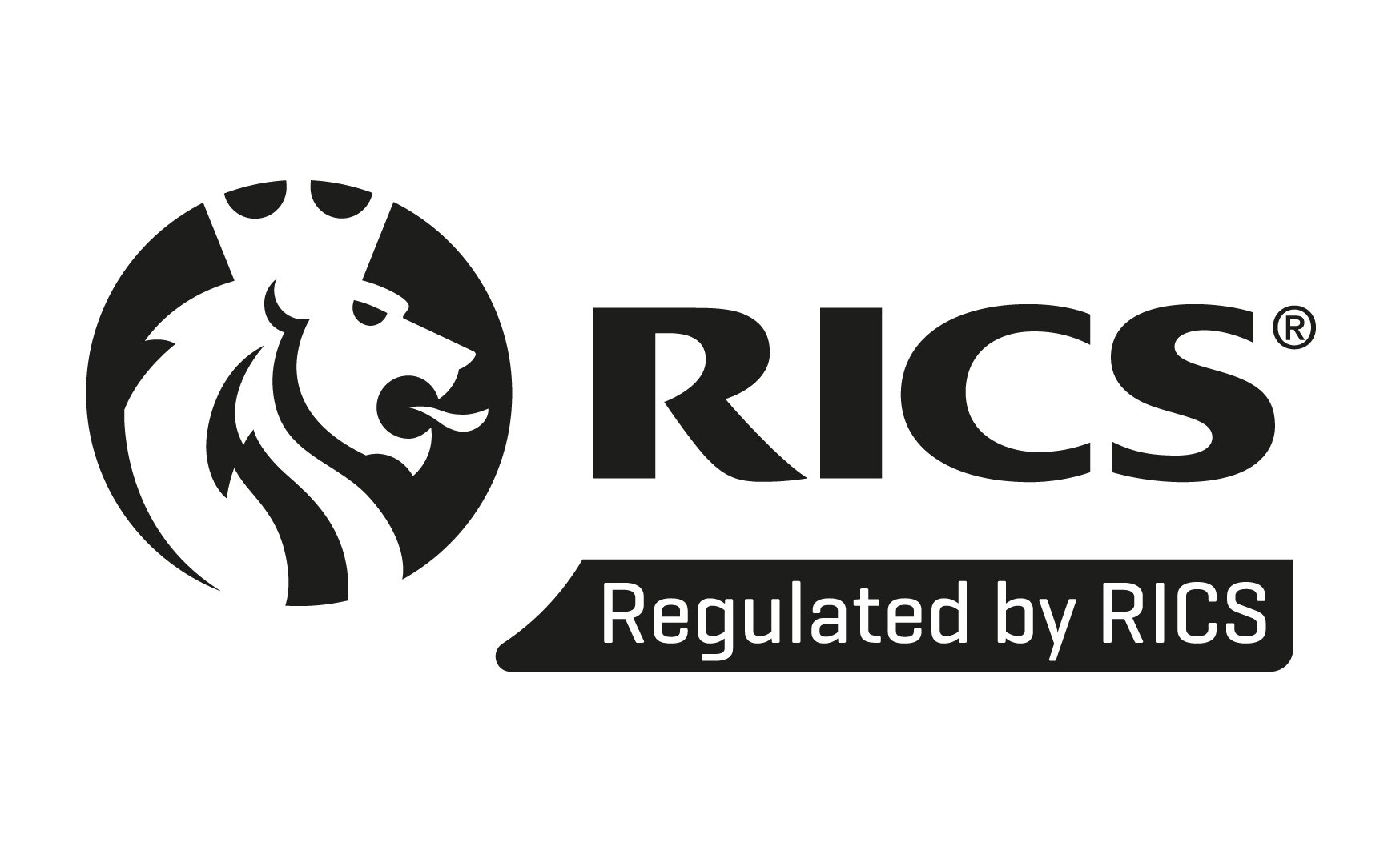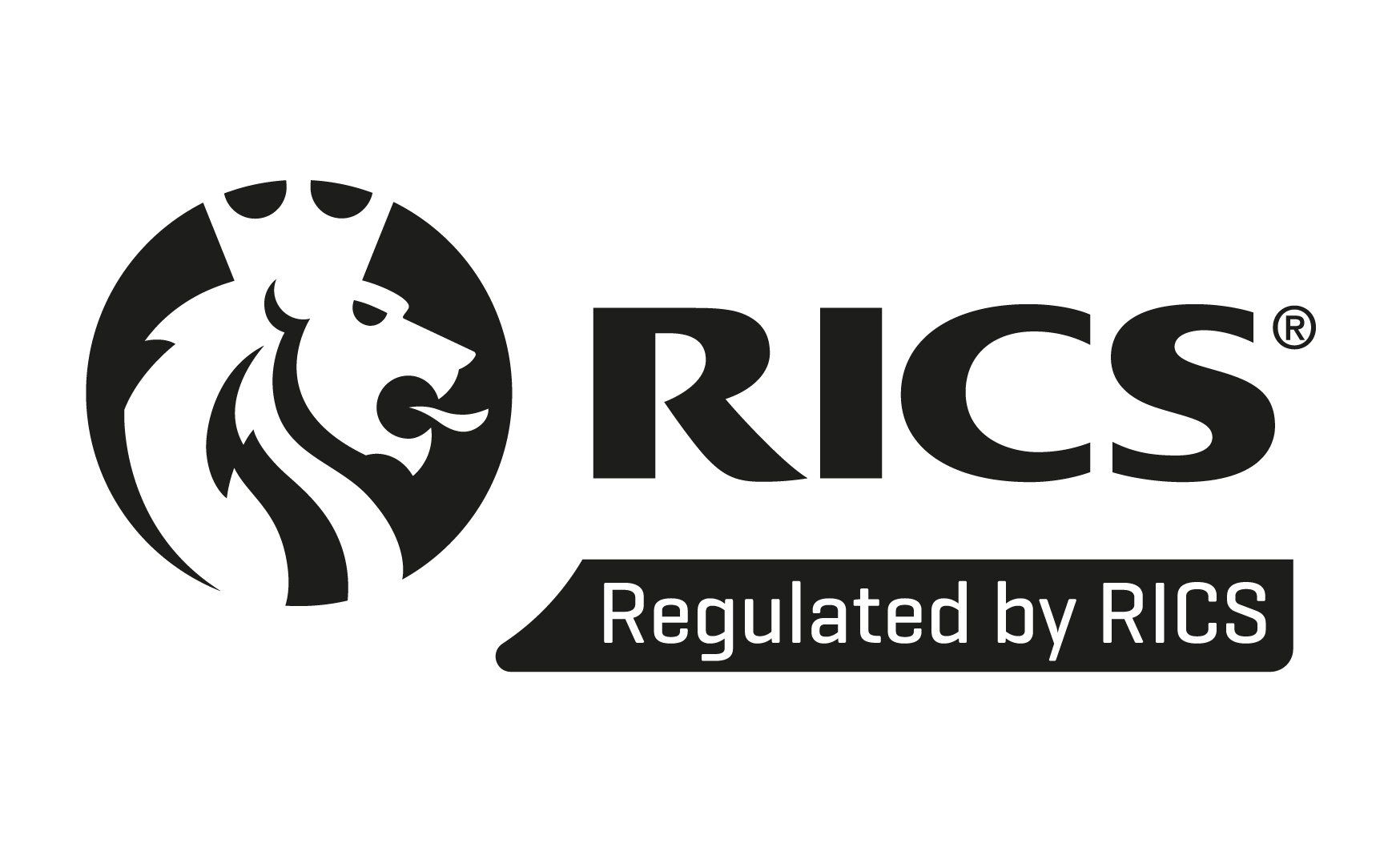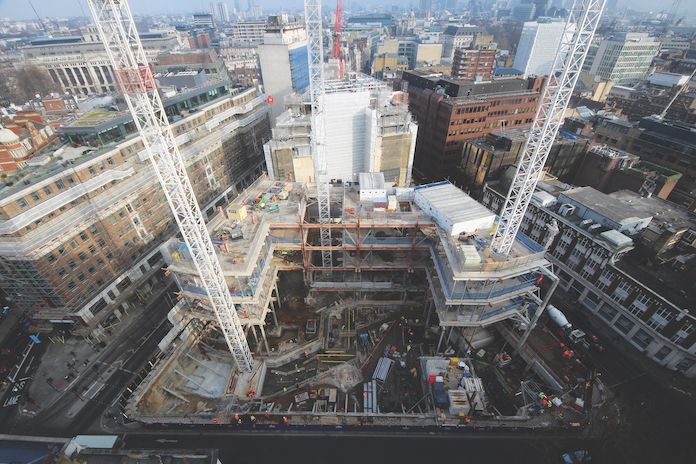Construction Dispute Resolution
Construction Dispute Resolution

What is a construction dispute resolution?
The aim of any construction project is for the project to run as smooth and effectively as possible in order for it to be completed on time and within budget. As it common for risks to be high on construction projects and margins or profits low, parties often adopt an adversarial approach when issues are discovered and the construction dispute is born.
A simple example of a potential construction dispute could include a request for additional works, for example, a main contractor may request additional works or additional works may be required simply to complete the project, perhaps as a result of items which have been discovered on site but not foreseen by one or both of the parties when entering into contract.
That may result in works taking longer than anticipated which, in turn, will generally result in an increased cost to the project. This will often lead to a claim by one of the parties – if it cannot be resolved through discussions.
Common types of claims arising in construction projects include:
- Claims for payment or non-payment
- Smash and Grab claims
- Disputes over the value of variations
- Extension of Time Claims (Time)
- Loss and Expense Claims (Money)
- Claims for liquidated damages
- Claims over quality and or defects
There are several ways to resolve disputes, historically construction disputes were resolved by Arbitration or Litigation, however those systems were formal, required lengthy submissions by each party, full disclosure of documents, witness statements, expert reports and a hearing. The result of such a formal process resulted in a costly and slow process of resolving disputes.
In the late 90’s and earlier 00’s the construction industry witnessed a massive growth in mediation and adjudication of construction disputes within the UK.
The reason why those methods were so successful was due to:
- speed - court lists had become extremely long often taking in excess of two years to get a matter before a Judge.
- lower costs – litigation is not only time consuming but costly.
- confidentiality – no one wants bad publicity, it's not good for business.
- flexibility – both processes allow the parties a degree of flexibility.
What are the three basic types of construction dispute resolution?
Adjudication
Adjudication is a statutory right which applies to most, if not all construction operations in the UK. Under the relevant provisions of the Housing Grants, Construction and Regeneration Act 1996, it provides a temporarily binding decision which must be complied with until the matter is resolved by arbitration, litigation or agreement of the parties.
The process is designed for the swift resolution of disputes, often within 28 to 42 days from the receipt of a referral to ensure that money flows in the right direction and the project can continue with minimal delay.
Mediation
Mediation is a flexible, voluntary, and confidential form of alternative dispute resolution (ADR), in which a neutral third party (the Mediator) assists parties to work towards a negotiated settlement of their dispute, with the parties retaining control of the decision whether or not to settle and on what terms. An important point of mediation is that it is the parties who decide the outcome not the mediator.
Mediations often take place in one day, although there are plenty of tales of those days being long days, some with successful outcomes and others without.
Litigation
Litigation is the process of taking a case to a court of law so that a judgement can be made, it is usually a public hearing and generally regarded as expensive.
What are the most common causes of construction disputes?
- Poorly drafted or incomplete and unsubstantiated claims.
- Errors and / or omissions in the contract documents.
- A failure by one or more than one of the parties failing to understand and comply with its contractual obligations.
- Non-payment.
- Site conditions.
With over two decades of experience in Quantity Surveying, cost management and construction, we work with companies of all sizes; Sub-contractors, Main Contractors and Employers.
We are Manchester based but offer nationwide coverage. We pride ourselves on providing a high quality, flexible and efficient service and an ability to give sound advice and direct solutions to help our customers both avoid and resolve construction disputes. This is demonstrated by the frequency of repeat business secured with our existing client base. We find that our shadow support on all projects is the best and most effective way to help our customers stay ahead of the game, save money, reduce stress, get paid and focus on the real priorities, many of which pay very little for our services.
Let us help you protect your business or next construction project, please do get in touch, and feel free to review our articles in our blog.




